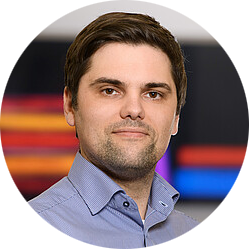Speakers Thursday 13 February
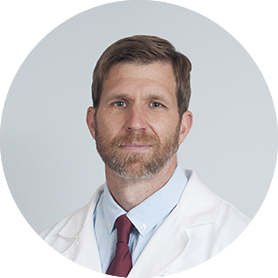
Kristopher T. Kahle
Dr. Kahle is the Director of Pediatric Neurosurgery at the Massachusetts General Hospital (MGH) and the Harvard Center for Hydrocephalus and Neurodevelopmental Disorders (HAND). He is a board-certified pediatric neurosurgeon, with experience in a broad range of pediatric neurosurgical disorders including brain and spinal cord tumors and cysts, all types of hydrocephalus, Chiari malformation, spina bifida, vascular malformations, and others. He also treats these conditions in transitional age patients and adults, providing continuity of care across the age spectrum. He is highly skilled in both open and endoscopic/minimally invasive neurosurgical techniques.
Dr. Kahle is a fellow of the American Association of Neurological Surgeons (AANS) and a member of numerous medical organizations, including the AANS, Congress of Neurological Surgeons (CNS), American Society of Pediatric Neurosurgeons (ASPN), and the International Society of Pediatric Neurosurgeons (ISPN).
Dr. Kahle graduated cum laude from the University of Chicago in 1999 with degrees in Biology and Philosophy. He received his M.D. from Yale School of Medicine in 2007, where he also received his Ph.D. working in the laboratory of human geneticist Richard Lifton. He completed his neurosurgery residency training at MGH in 2014, as well as a post-doctoral research fellowship at Harvard University with co-mentors Stephen Elledge and David Clapham. He completed a clinical pediatric neurosurgery fellowship at Boston Children’s Hospital, where he was Shellito staff associate and Instructor of Neurosurgery at Harvard Medical School. Dr. Kahle returned to New Haven to join the Yale School of Medicine faculty, where he was Assistant Professor of Neurosurgery, Pediatrics, and Cellular & Molecular Physiology, and Director of Neonatal and Congenital Anomaly Neurosurgery from 2016-2021.
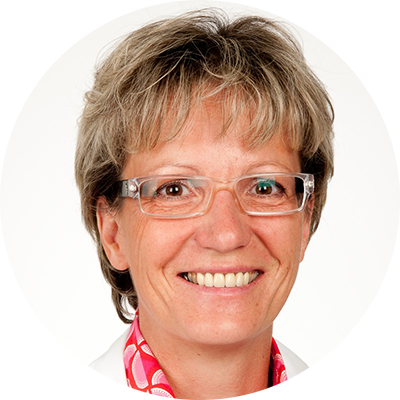
Laurence Boon
Prof LM Boon became a Plastic Surgeon in 1996 and obtained her PhD in 2003 at the Faculty of Medicine in UCL, Brussels. She is the Coordinator of the Multidisciplinary Vascular Anomaly Centre (VAC), Saint Luc university Hospital, Brussels, which celebrate its 30th anniversary in 2021. Through seminal discoveries, her team actively 1) moved the discipline of confusing diagnoses, to a field with stratified diseases, 2) generated the first venous malformation animal model, and 3) demonstrated preclinically and clinically efficacy of the first molecular therapy for slow-flow vascular anomalies. She has several high impact publications, reviews, and chapters on vascular anomalies in major medical reference books, especially in dermatology and genetics. She has been an invited speaker at numerous major scientific meetings. In 2013, she shared with Prof. M. Vikkula the INBEV-Baillet Latour Clinical Prize. She was Chair of the ISSVA Scientific Committee (2004-2008) followed by the status of President of the ISSVA (2008-18) and she is an active Member of the Royal Belgian Academy of Medicine. Since 2016, she is chairing with Prof Vikkula the VASCA working group of the European Reference Networking on Vascular Anomalies (VASCern). She is currently involved in several research projects aimed at elucidating the pathophysiology of these anomalies as well as in phase I, II and III clinical trials of new medications.
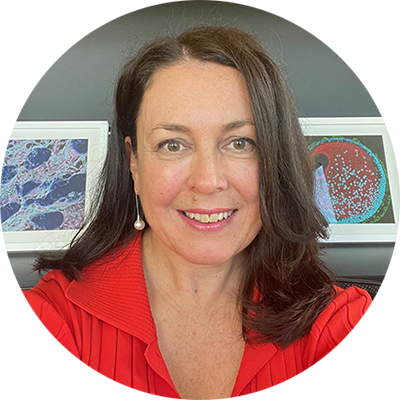
Natasha Harvey
Professor Natasha Harvey is Head of the Lymphatic Development Laboratory and Director of the Centre for Cancer Biology at the University of South Australia and SA Pathology. Natasha received her PhD from the University of Adelaide and undertook postdoctoral training in the laboratory of Guillermo Oliver at St Jude Children’s Research Hospital, USA. Here, she focussed on defining the role of the homeobox transcription factor PROX1 in lymphatic vascular development. In 2005, she returned to Adelaide to establish her independent research program. Natasha’s work aims to understand how the lymphatic vasculature is constructed during development and how this process “goes wrong” in human lymphatic vessel pathologies. Her work in this field has been published in Development, Blood, Journal of Clinical Investigation, Science Translational Medicine and Nature.
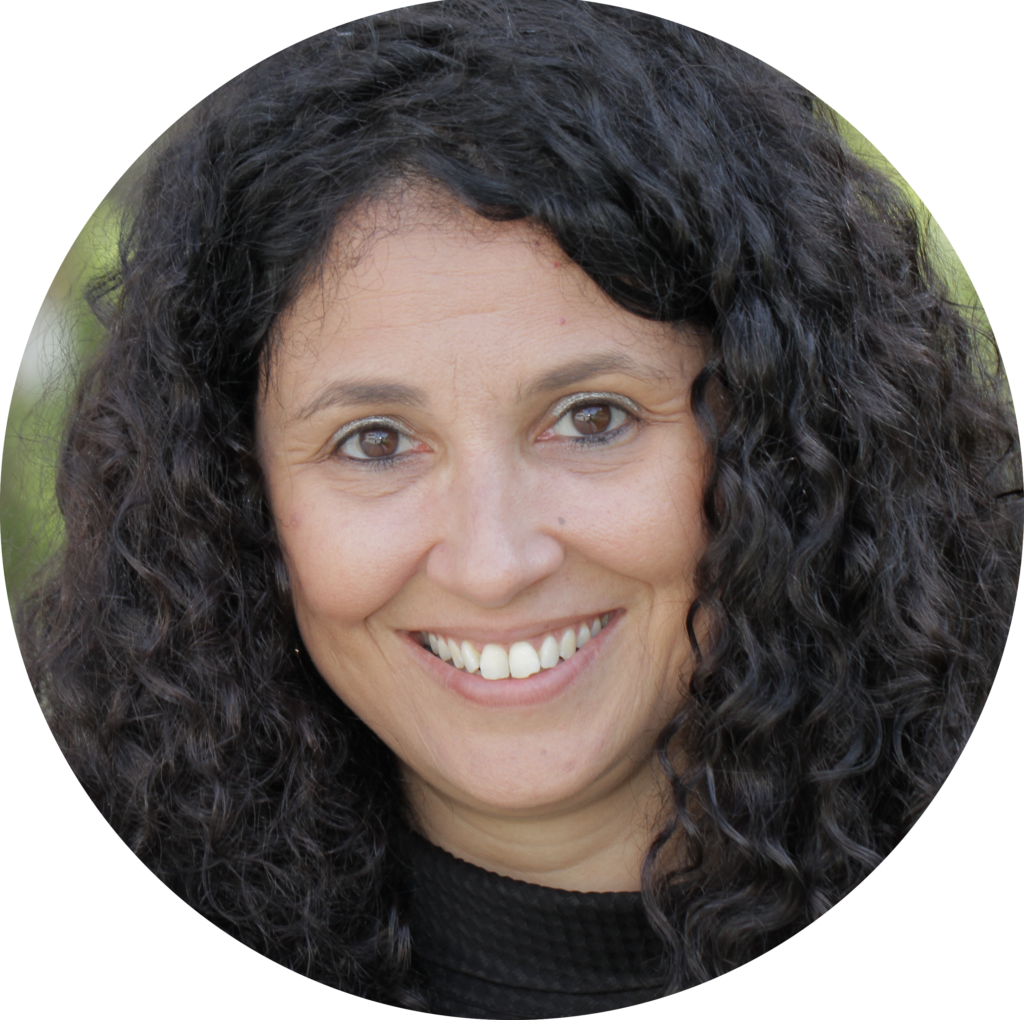
Karina Yaniv
